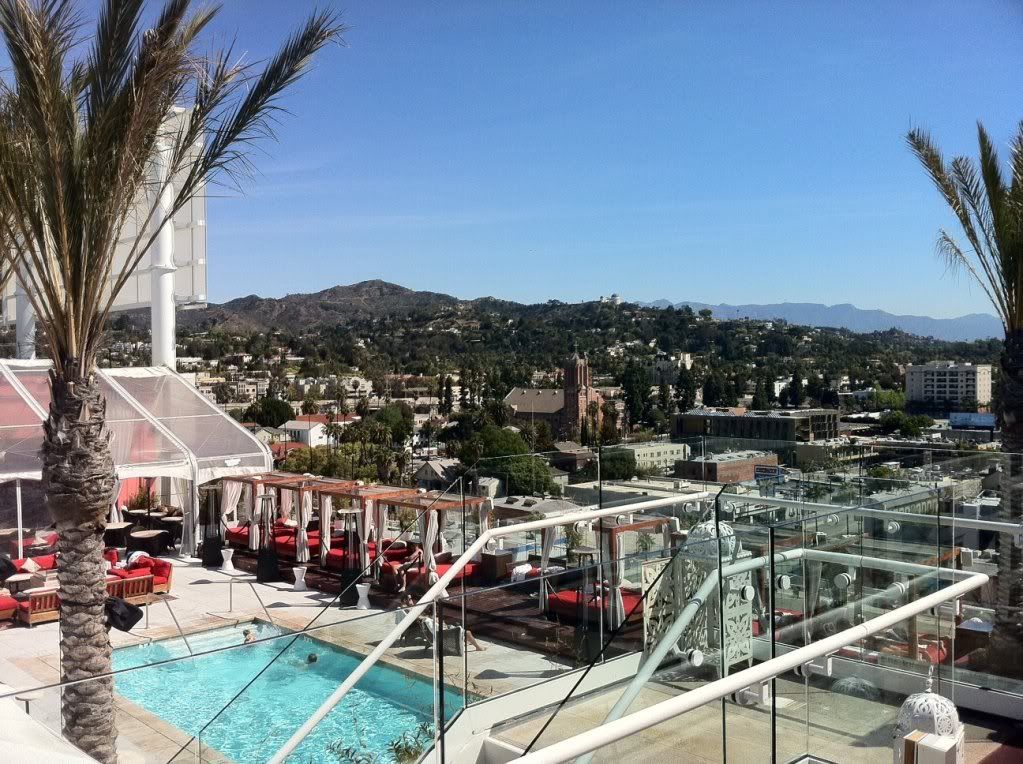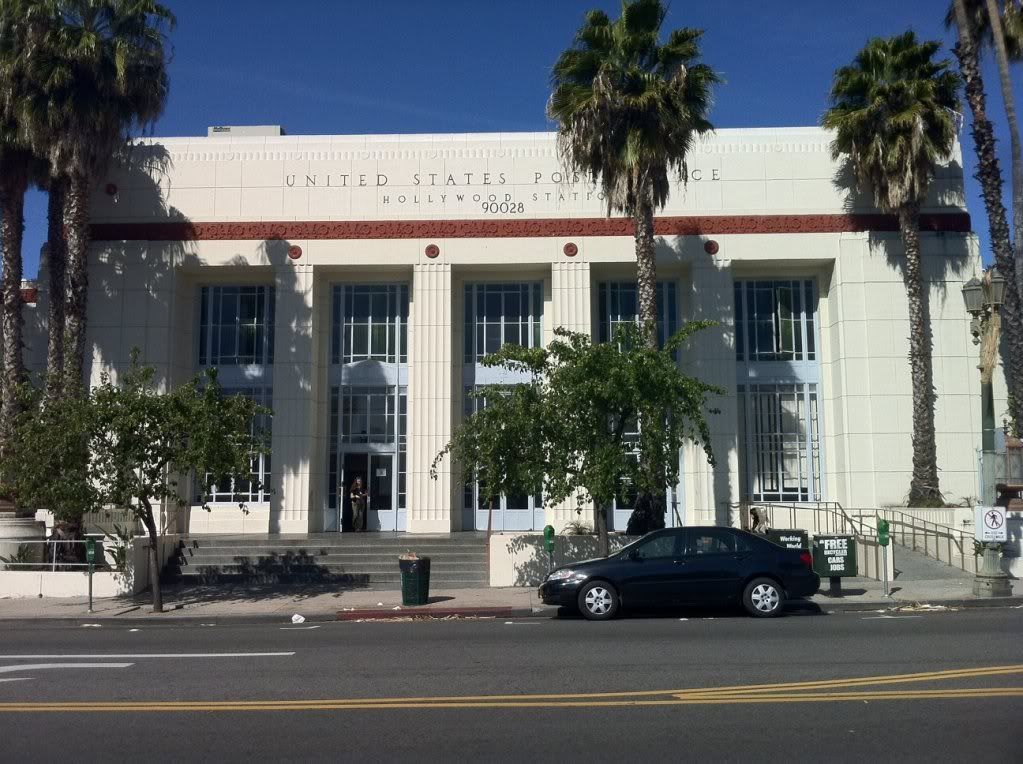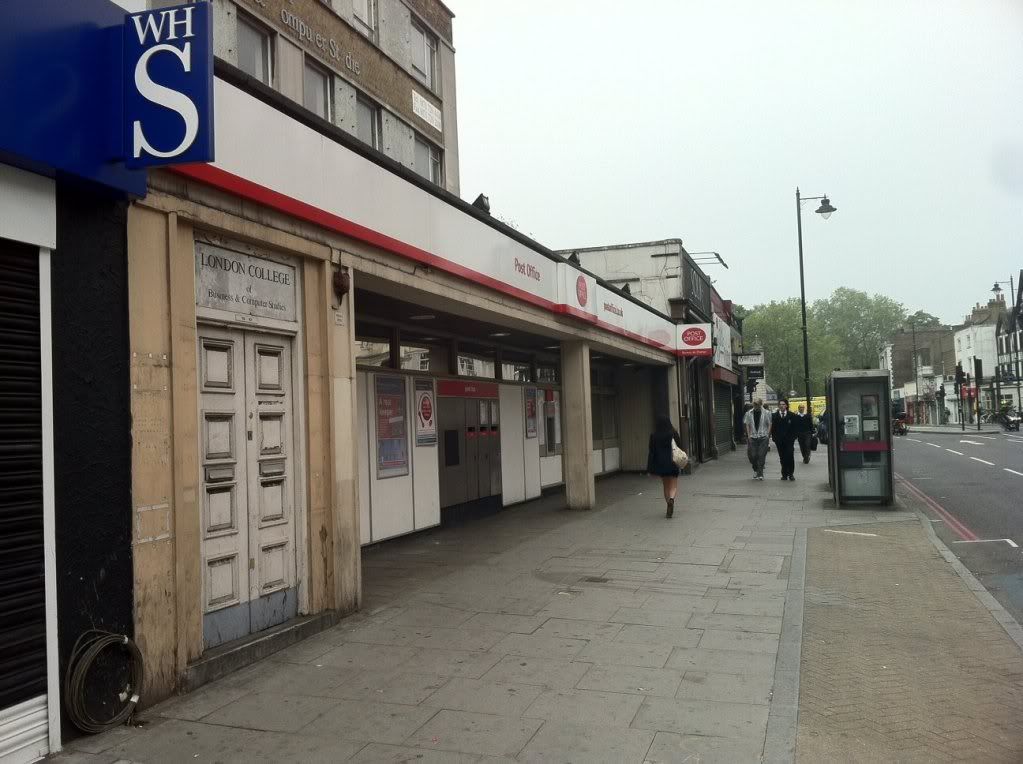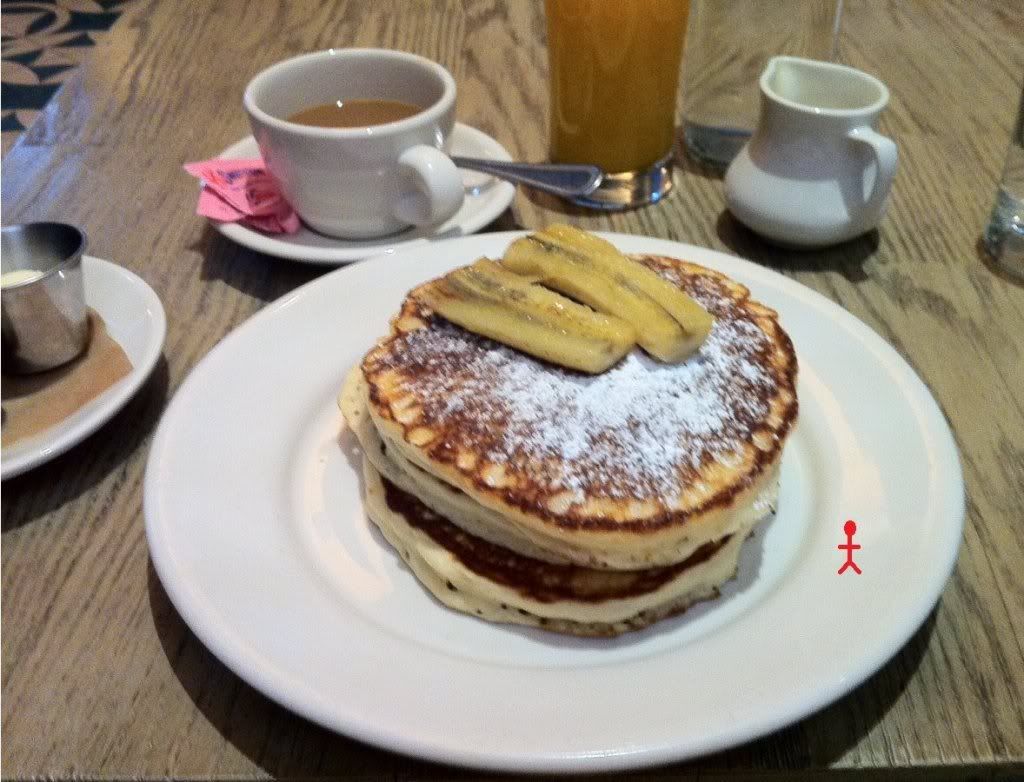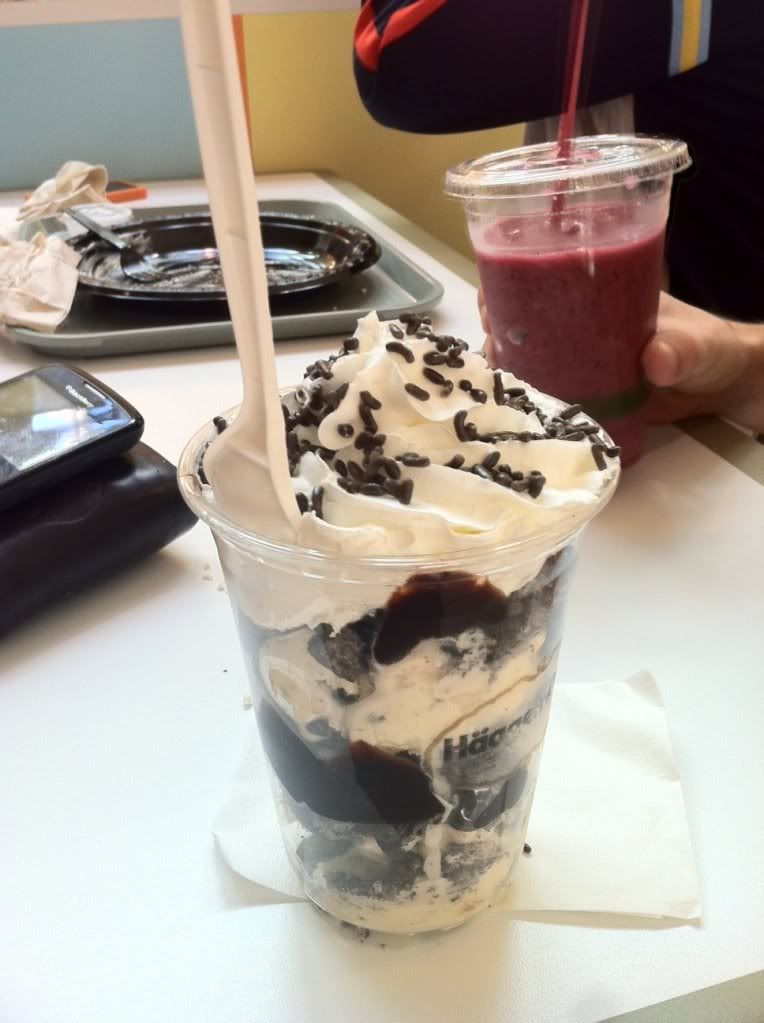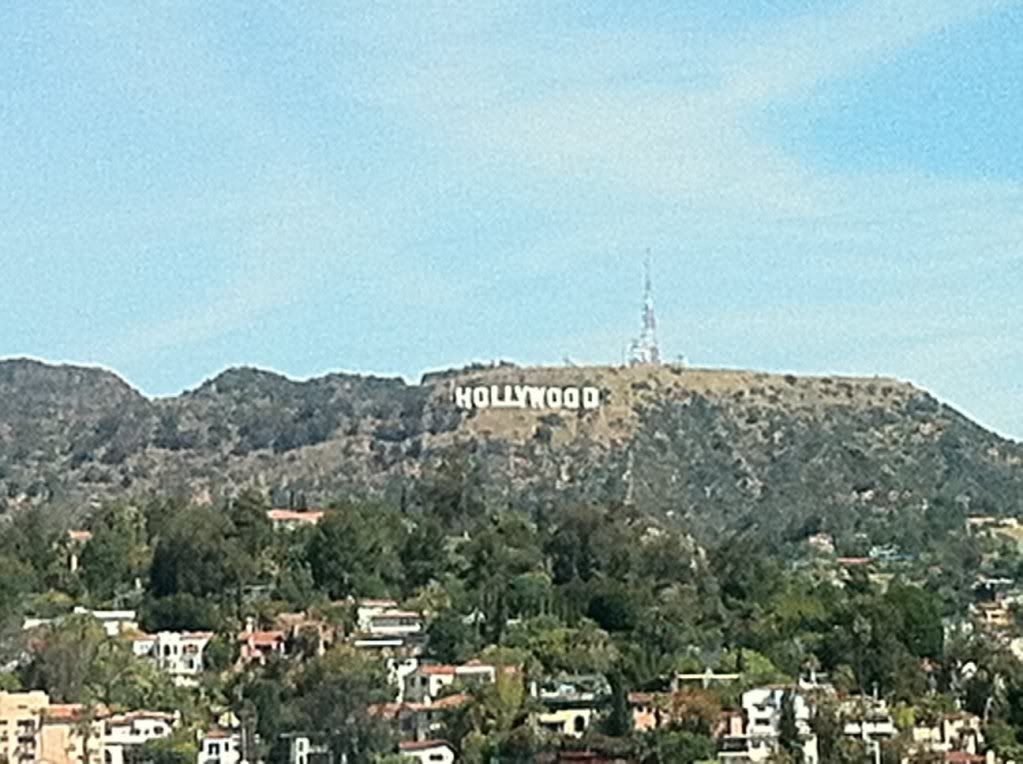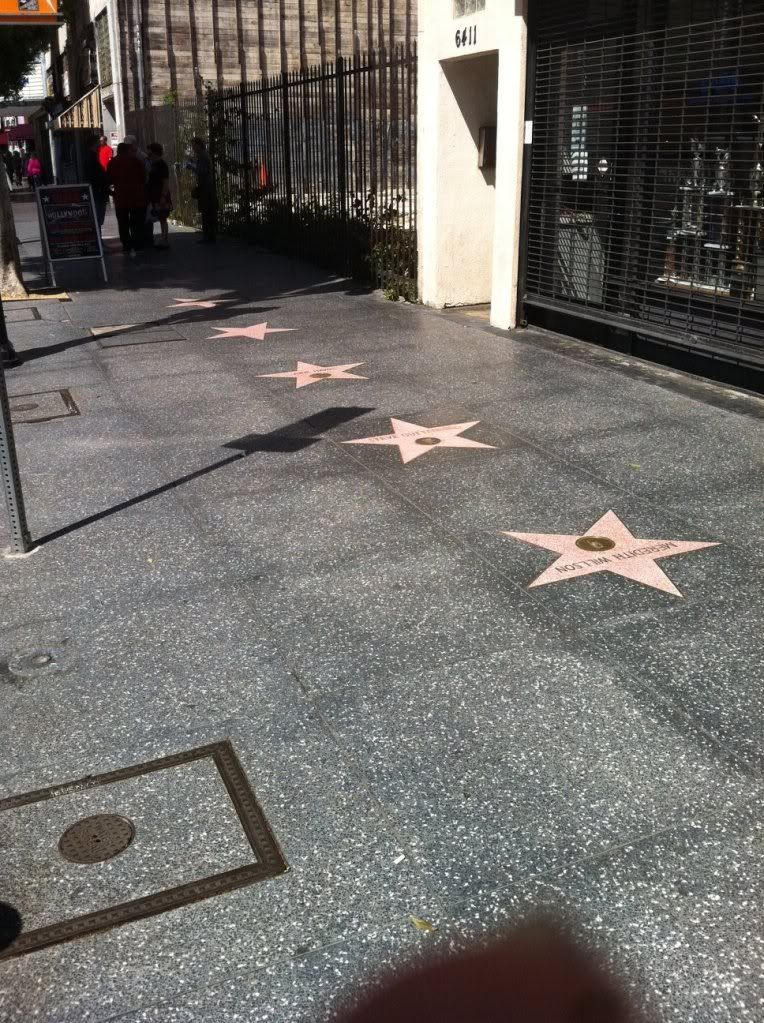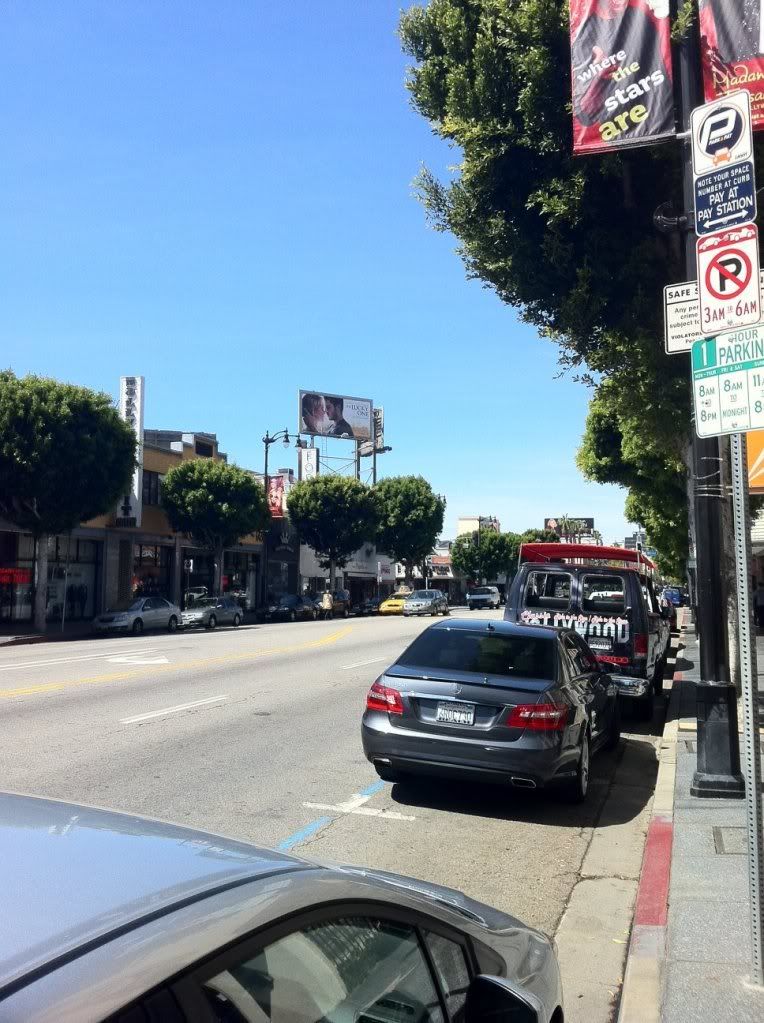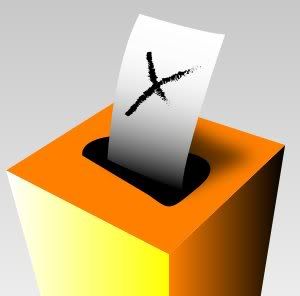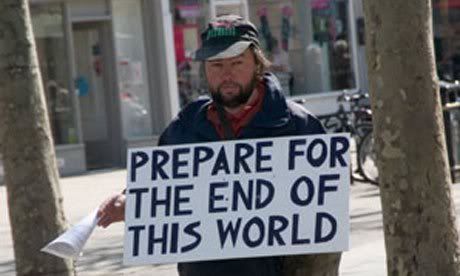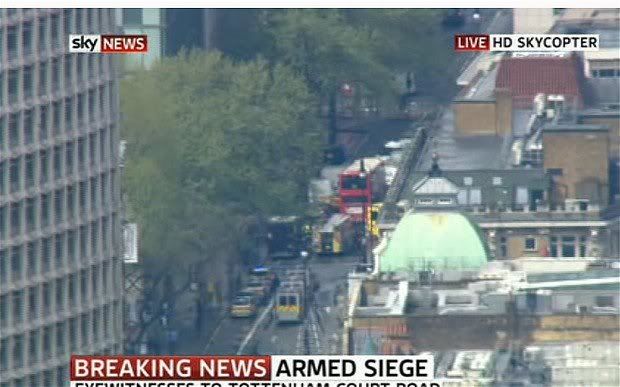In a desperate bid to try and make money from my blogs and retire in a
sunshine paradise with a harem of prostitutes all coated in mint chocolate chip
ice cream, here’s my attempt to become a travel writer. Enjoy.
The main thing that struck me about America is the scale on which everything is done. And I’m not just talking about people’s waistlines before you misinterpret for comedy effect, though by this point you’ve probably started added in your own jokes just to keep yourself from slitting your wrists in this barren wasteland bereft of humour. Try sitting opposite me at work, if you want to know true tedium. Everything in America is done on a huge scale, where in London land and space has to be conserved to such an extent that I spent my entire university career folded away in the space occupied by an edition of travel Yaztee. In America space is abundant, why have terraced houses when you can put a kilometre of space between each building? Even in smaller towns and suburbs large buildings dominated the skyline, only dwarfed by the humungous advertising hoardings. It’s if the latest movies have sponsored the very sky itself, to be honest I wouldn’t be surprised if I’d seen clouds formed in the shape of the McDonald’s golden arches wafting across the horizon.
In Britain this kind of building would be reserved only for the town’s mayor, and only then if they’d fiddled the public accounts to get it built. For comparison here’s the Post Office in Clapham:
It’s not quite the same is it?
The same principal of course applies to American food, the food is lovely but the concept of portion control couldn’t be less American if it was daubed in a Taliban flag and burnt live on Fox News. Why have a Lasagne for one, when you can have on the size of a double bed. You could quite easily slip between the layers of pasta sheets and have 40 winks in a nice tomato base. America is probably the only nation whose lasagne is available in a 13.5 tog rating. The average American breakfast, in the hotel I was staying at, required the lifetime’s work of several chickens and the death of an extended family of pigs. Looking for a light option, I thought I’d try out the pancakes with banana choice on the menu. This will be light. I was wrong.
It was less a stack of pancakes more a skyscraper, each pancake could have been an individual storey, and I was tempted to install an elevator through the centre (look at me with the American lingo!). In fact here’s the same picture but with an average-sized human shown to scale:
Although of course that said, some types of food are always welcome in extra large scale:
I was in Los Angeles, apparently the most westerly major city in the world. There you go fact fans impress your mates down the pub with that gem, I would but I have no mates and the idea of socialising appals me.
Of course the major attraction of Los Angeles is the Hollywood sign, and here’s some photos I took of it, which to you will be at least 3% more exciting than seeing any other photo you’ve seen of it anywhere else. Why? Because I took it, I was there.
And to prove that I am vaguely intellectual here’s the famous Griffith’s Observatory:
And to destroy any respect I gained from that last sentence, I’ll tell you that the observatory is very exciting because it featured in an episode of Star Trek: Voyager (hashtag geek).
Another key site of Hollywood is Hollywood Boulevard:
I wasn’t really sure what I was expecting Hollywood Boulevard to look like, I think I imagined it would be a gold plated street with impressive marble film studios all along it. And in fairness some bits are like that, well maybe not gold-plated. But there are few plush looking film studios, swanky hotels and amazing restaurants. However large sections are stars just outside tatty souvenir shops and rundown cafes.
While we are talking about Hollywood Boulevard, I should give a mention to the amazing Cirque du Soliel which I saw in the Kodak Theatre (after fighting my way through a number of street entertainers wearing suspiciously bad costumes, such as Darth Vader in a blue cloak – presumably because the factory reject costume was so much cheaper). The Cirque du Soliel performance was absolutely amazing, well at least I imagine it was. Problem was I’d worked through the previous night and only had three hours sleep, so as soon I sat down in a darkened theatre my eyelids dropped faster than Katie Price’s underwear. Still I imagine it was really good. If you’re ever in Los Angeles I urge you to go sleep through it.
And with that I think covered every single aspect of the fifty states of America, you can’t possibly have any more questions. Though I should imagine reading this blog you’ll soon be expecting to me get my own travel blog. I for one and am all for the prospect of free trips. Like all good travel writers I will sign off with a summation line encapsulating the whole American experience. “If you like America, go to America.”
